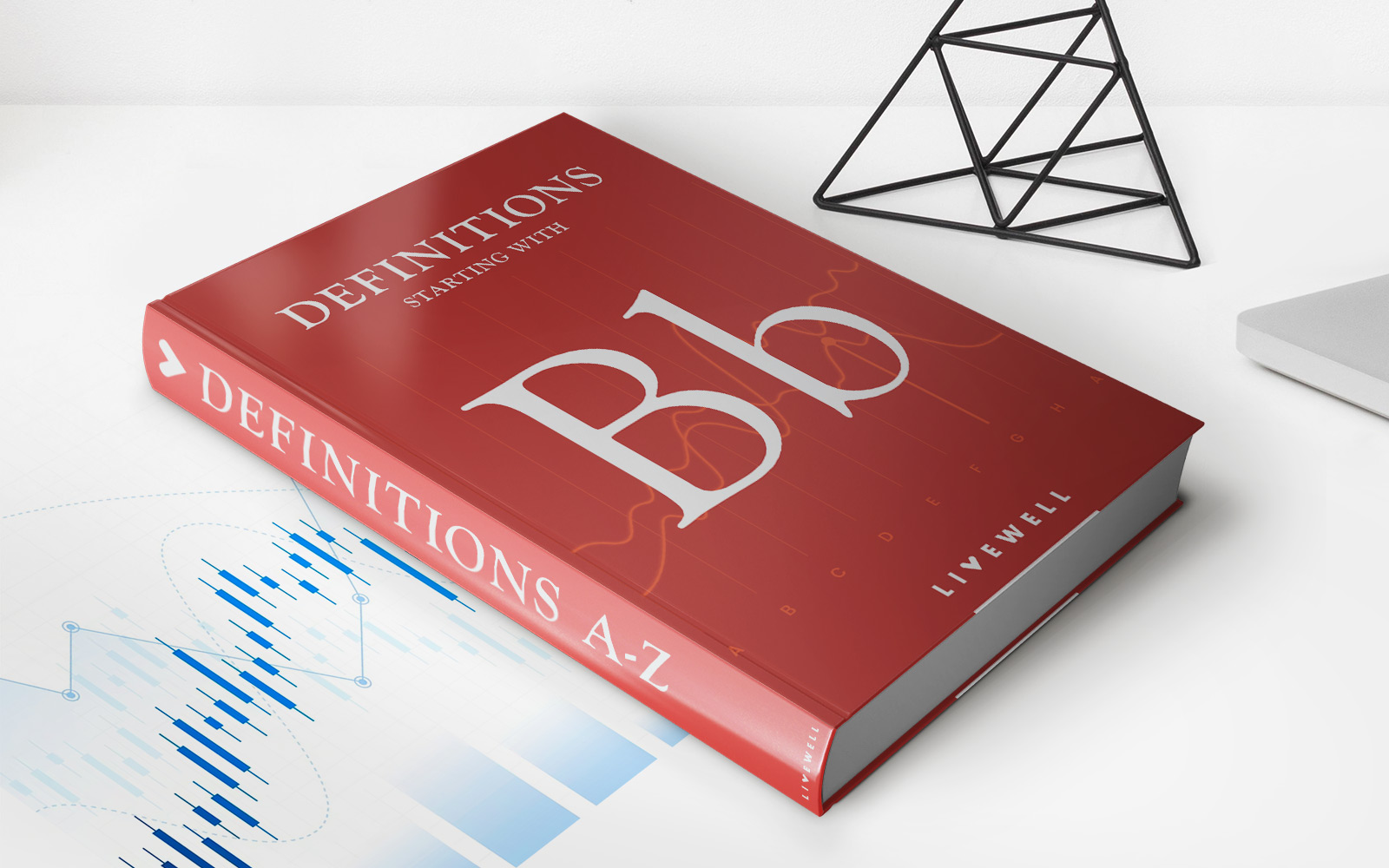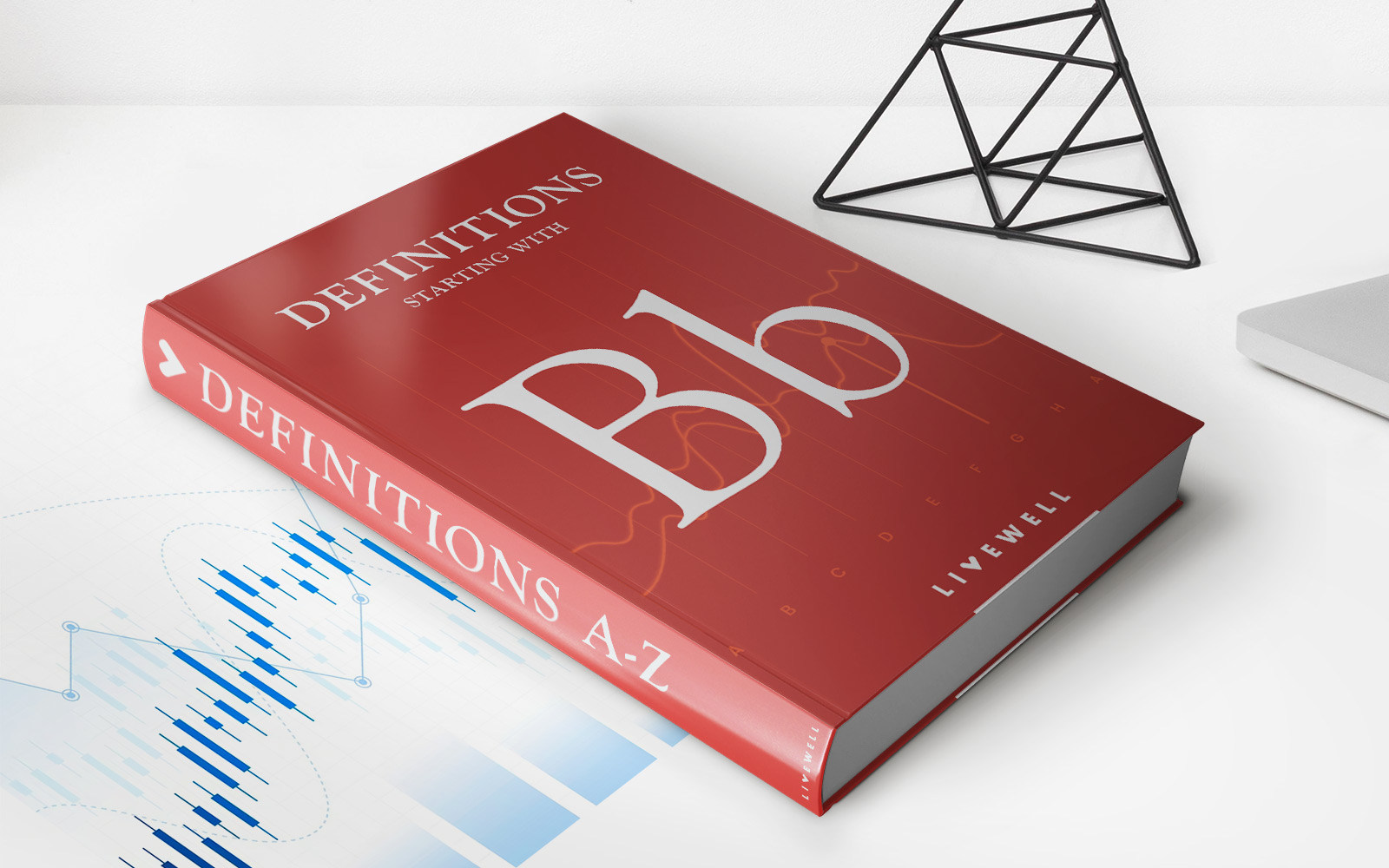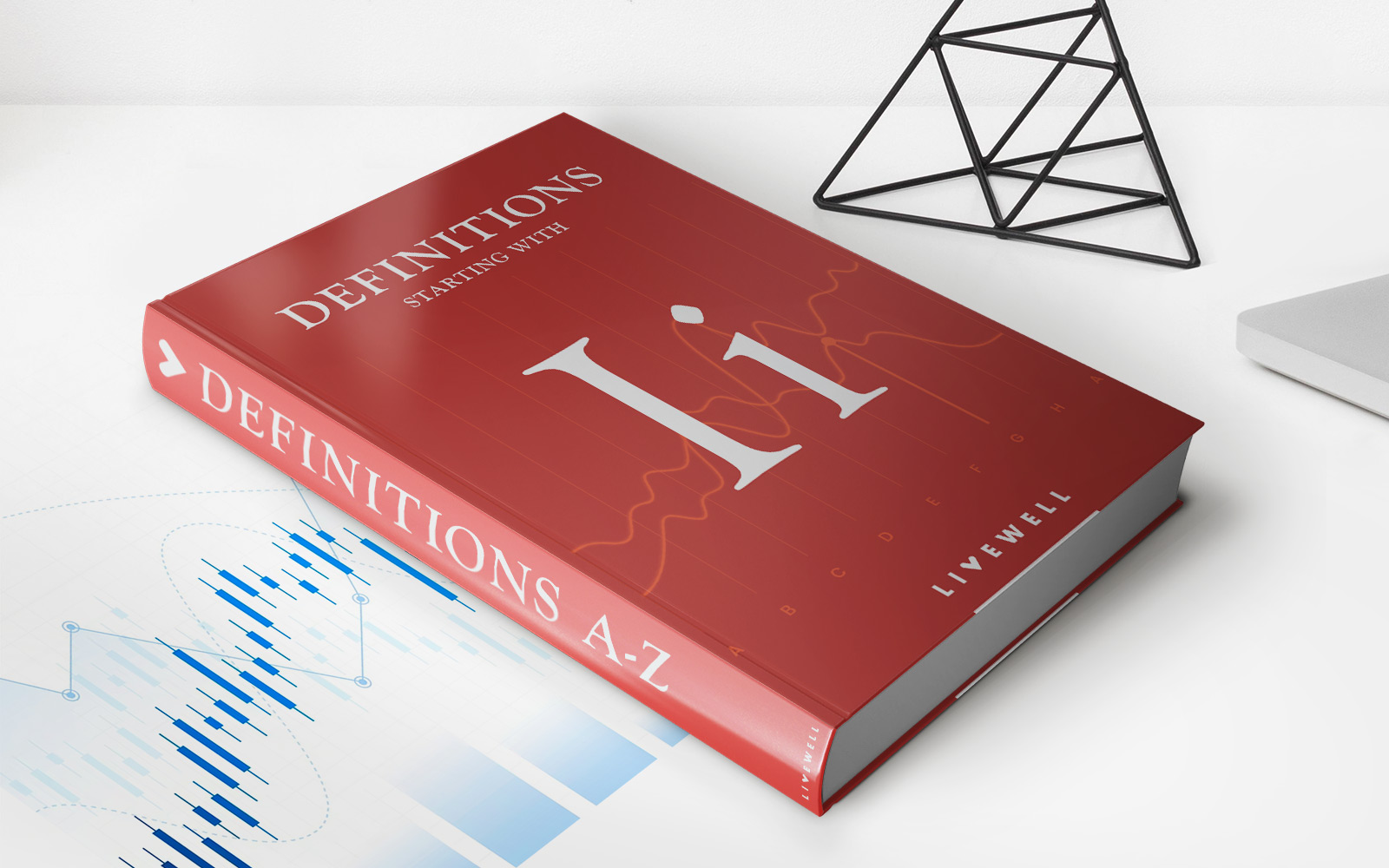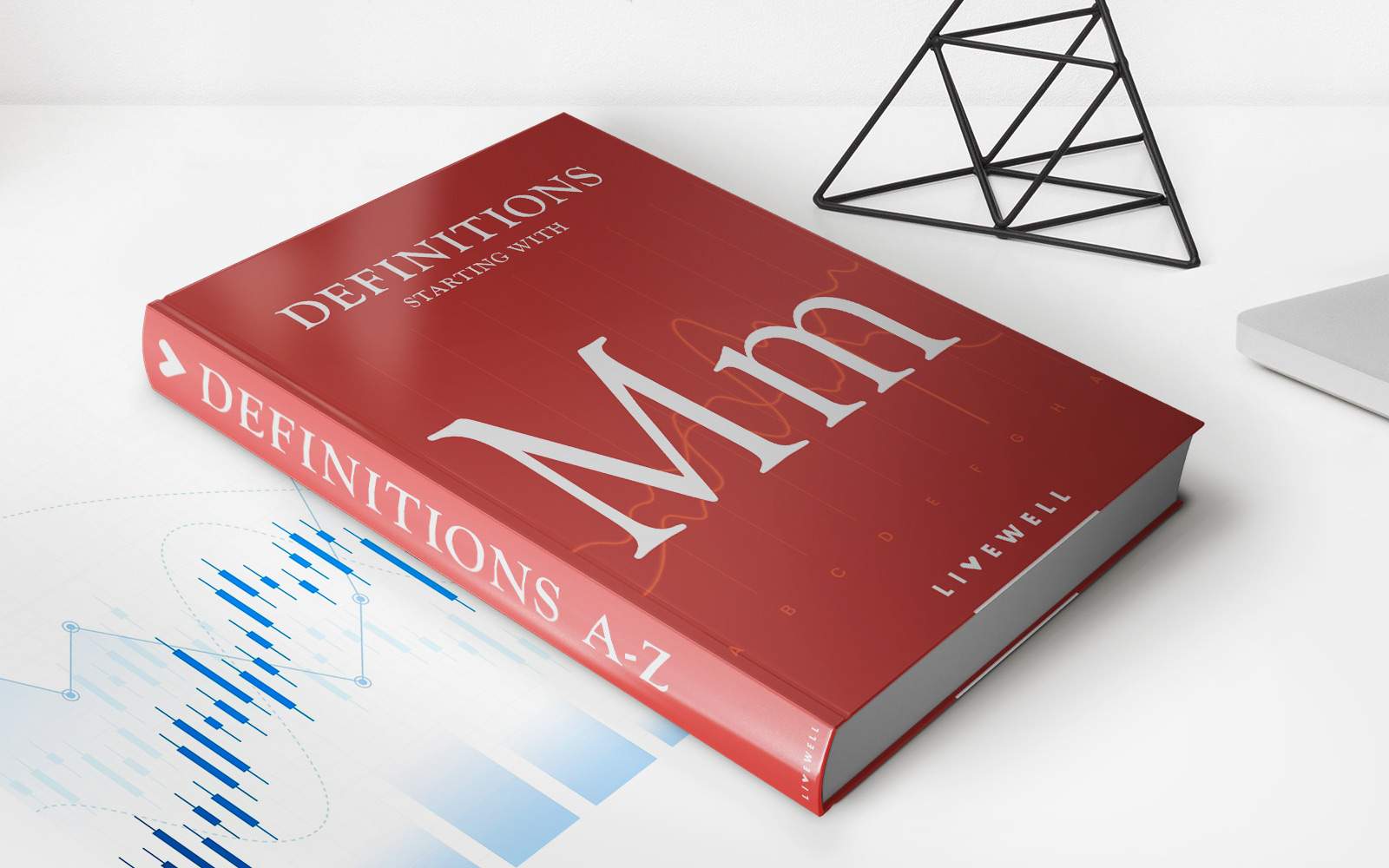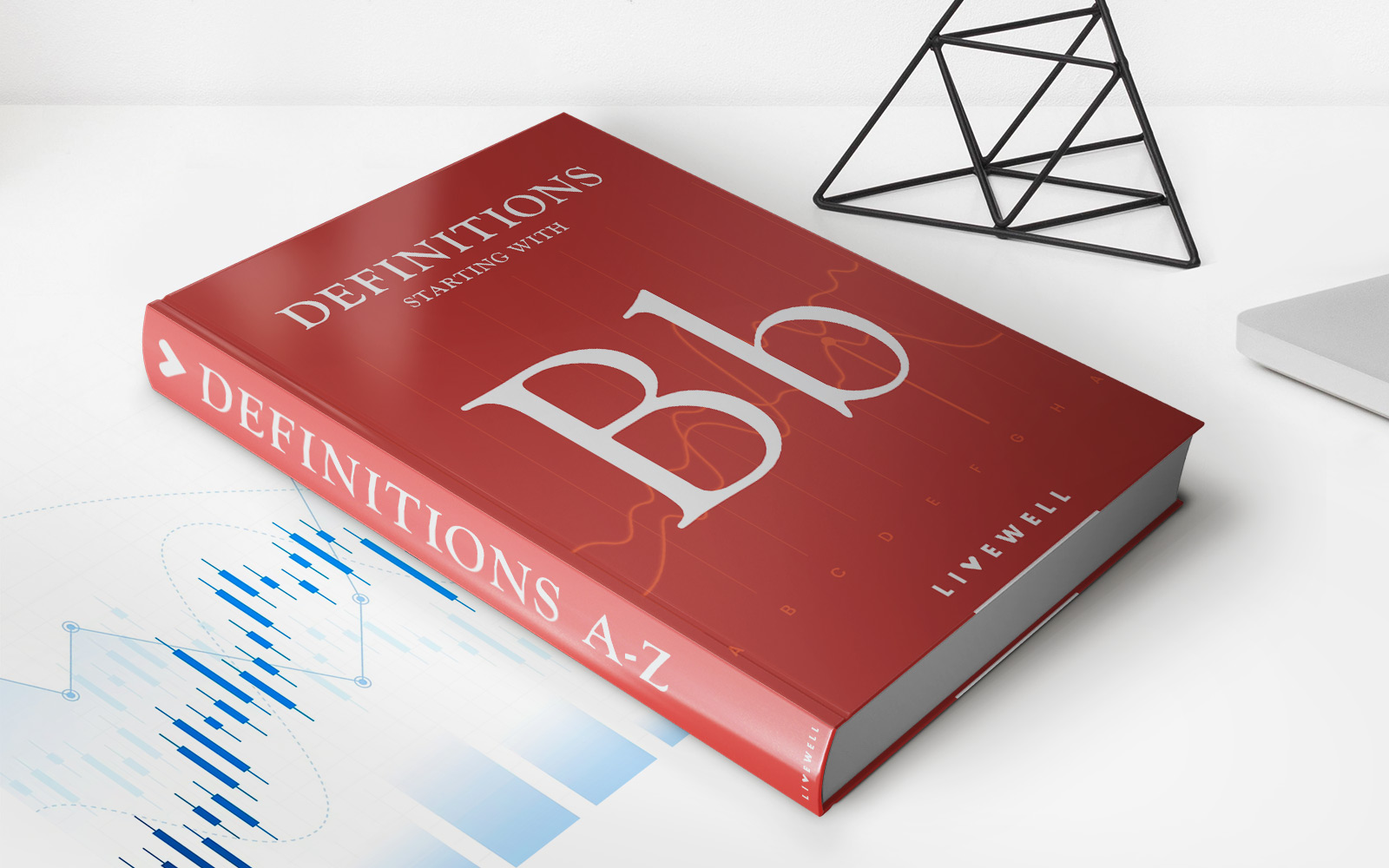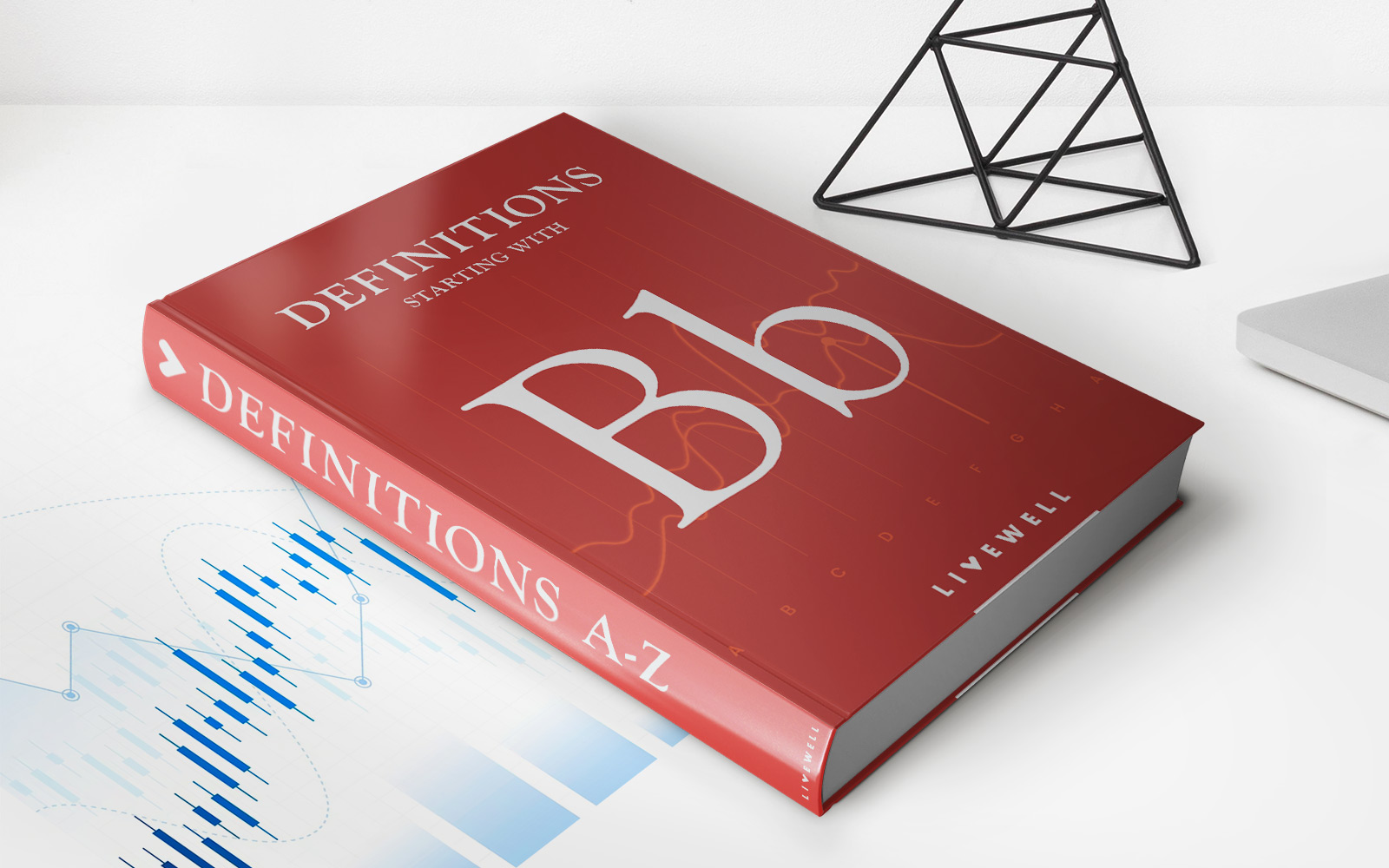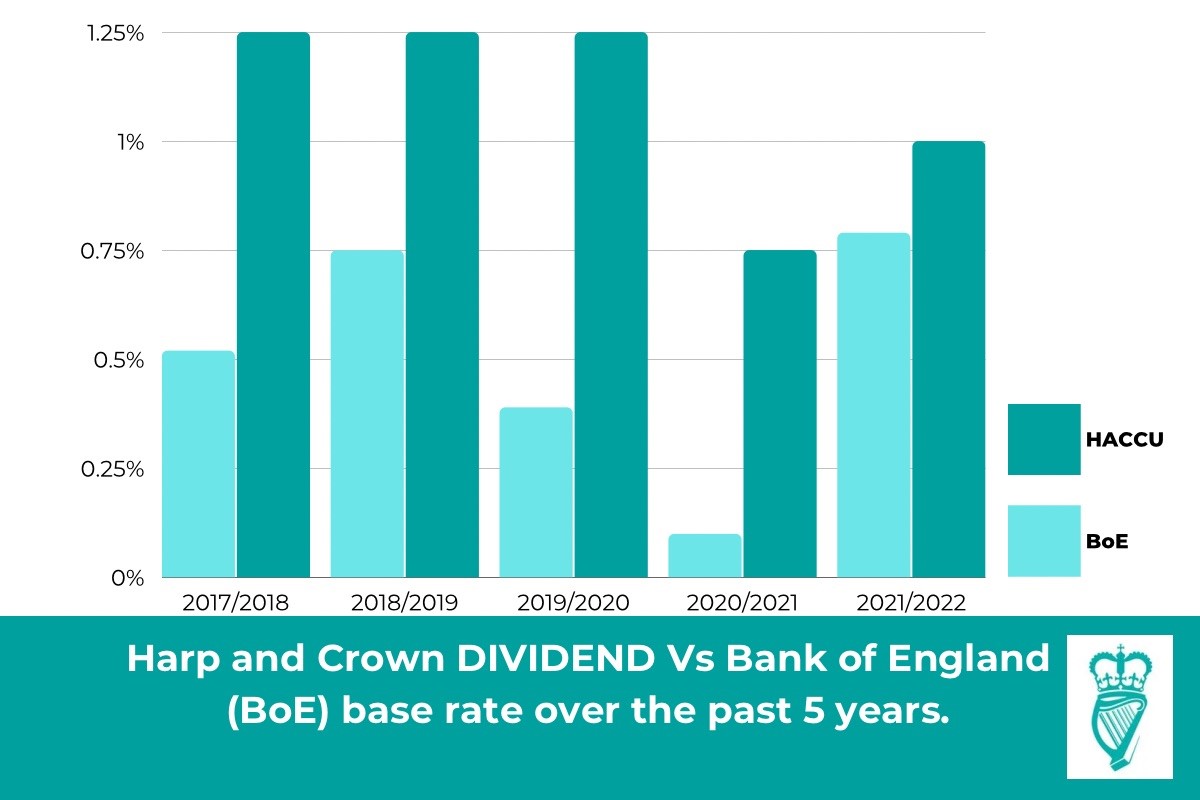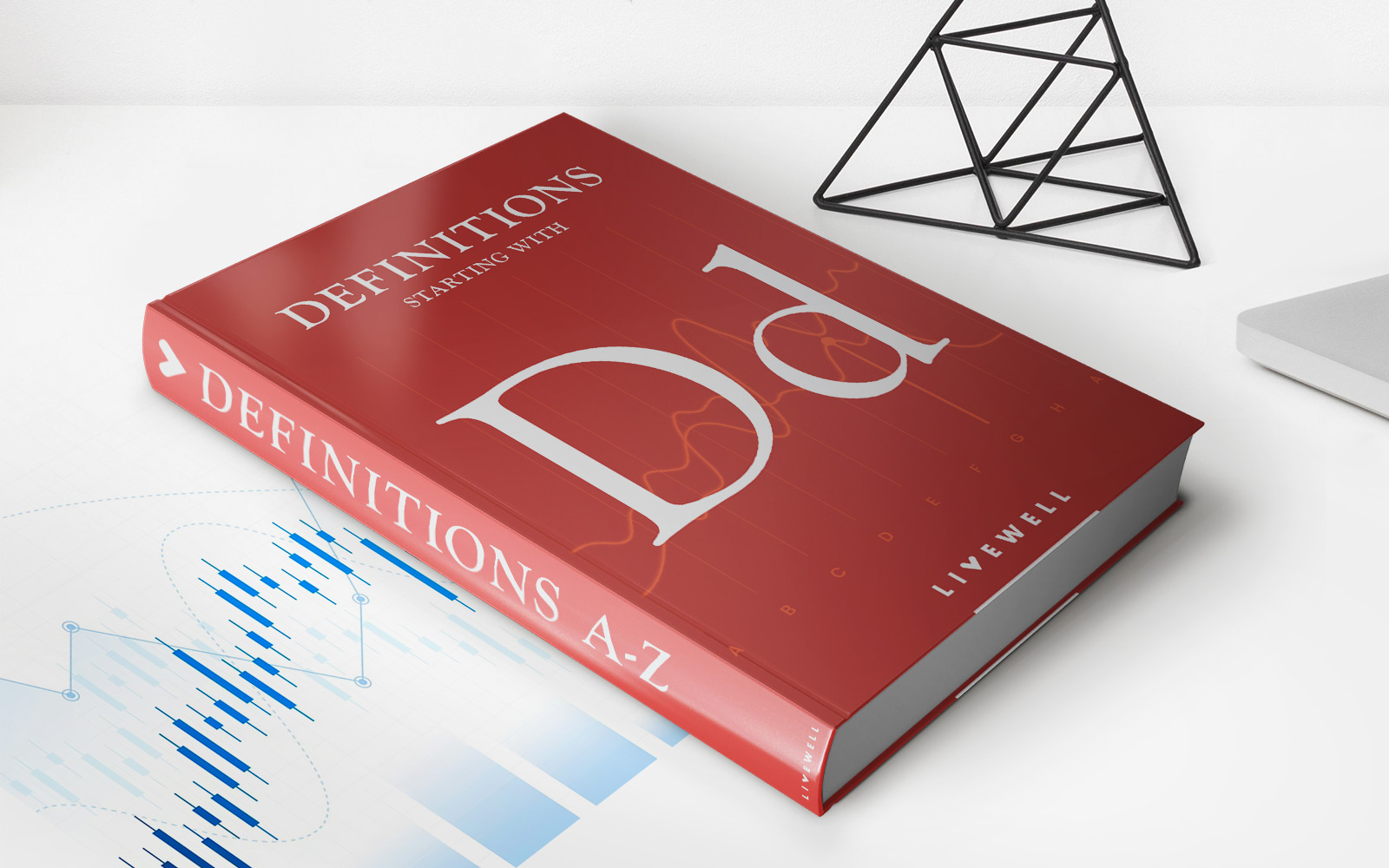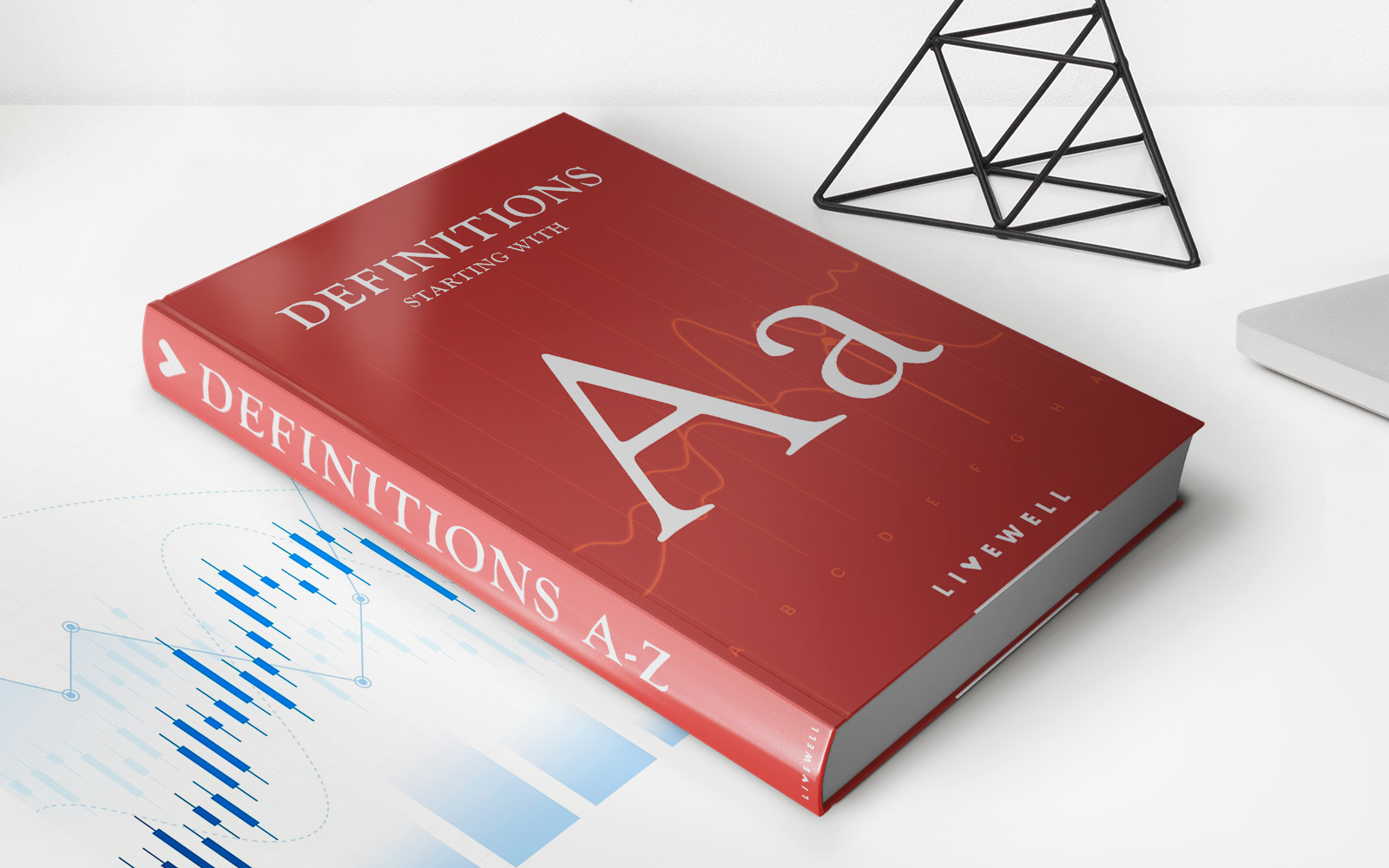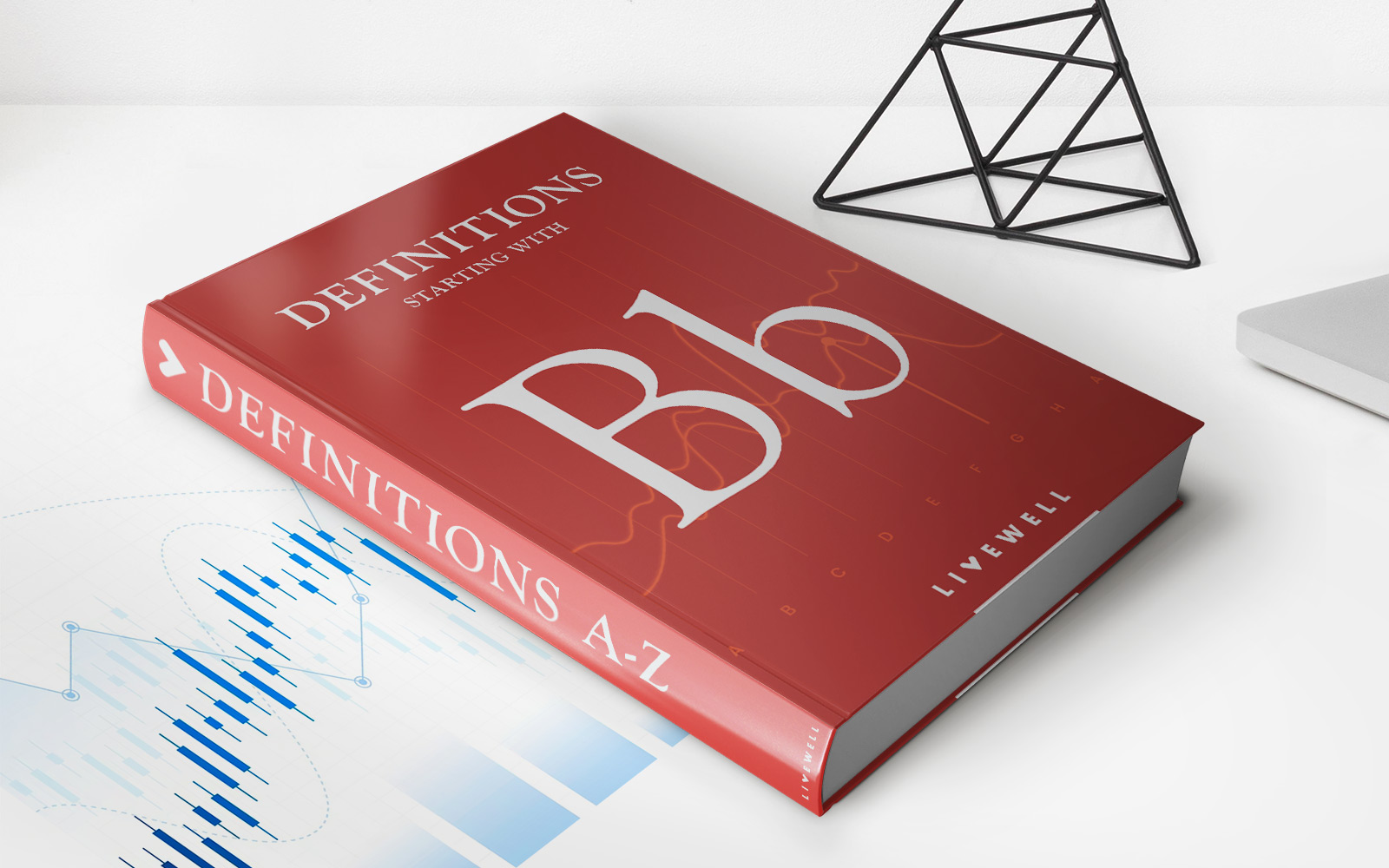

Finance
Black Liquor Tax Credit Definition
Modified: December 30, 2023
Learn about the definition of black liquor tax credit in finance and understand its implications for businesses in this comprehensive guide.
(Many of the links in this article redirect to a specific reviewed product. Your purchase of these products through affiliate links helps to generate commission for LiveWell, at no extra cost. Learn more)
The Black Liquor Tax Credit Definition: What You Need to Know
When it comes to understanding the complexities of your finances, staying informed is the key to success. One particular area that many individuals and businesses may not be fully aware of is the Black Liquor Tax Credit. In this blog post, we will explore the definition of the Black Liquor Tax Credit, its purpose, and how it can impact you or your business. So, let’s dive in and demystify this important financial concept!
Key Takeaways:
- The Black Liquor Tax Credit is a government incentive program
- It aims to encourage the production and use of alternative fuel sources
Unraveling the Black Liquor Tax Credit
The Black Liquor Tax Credit is a government incentive program aimed at encouraging the production and utilization of alternative fuel sources. It was initially introduced in 2005 as part of the American Jobs Creation Act. This tax credit was specifically designed to incentivize companies in the pulp and paper industry to produce so-called “black liquor” – a byproduct of the pulping process that can be used as fuel. In essence, the Black Liquor Tax Credit was meant to promote the use of renewable energy sources and reduce reliance on traditional fossil fuels.
So, how does the Black Liquor Tax Credit work? Eligible companies that produce black liquor can claim a credit against their federal income taxes based on the volume of black liquor they produce and use. The credit is calculated on a per-gallon basis. This means that companies are rewarded financially for utilizing alternative fuel sources, potentially reducing their tax liabilities.
While the Black Liquor Tax Credit was initially intended to promote the use of alternative fuels, it has drawn criticism over the years for benefiting some industries more than others. The program has also evolved and undergone changes since its introduction, with the credit being altered or extended several times by legislation.
Key Benefits and Considerations
Now that we’ve explored the Black Liquor Tax Credit definition, let’s take a look at the key benefits and considerations surrounding this tax incentive:
Benefits:
- Financial Incentive: The Black Liquor Tax Credit offers eligible companies a financial incentive for producing and utilizing black liquor as an alternative fuel source.
- Reduced Tax Liability: By claiming the tax credit, companies may be able to reduce their federal income tax liabilities and potentially increase their bottom line.
Considerations:
- Eligibility Requirements: Not all companies are eligible for the Black Liquor Tax Credit. It is crucial to understand the criteria and regulations to determine if you qualify for this incentive.
- Evolution and Changes: The Black Liquor Tax Credit has evolved over time, and its availability may change with new legislation. Staying informed is essential to take advantage of this tax credit efficiently.
In Conclusion
The Black Liquor Tax Credit is a government incentive program that encourages the use of alternative fuel sources, particularly in the pulp and paper industry. By claiming this tax credit, eligible companies can reduce their tax liabilities and potentially save money. However, it is crucial to understand the eligibility requirements and stay informed about any changes to the program. So, if you believe your business may be eligible for the Black Liquor Tax Credit, consult with a financial advisor or tax professional to ensure you make the most of this opportunity.
